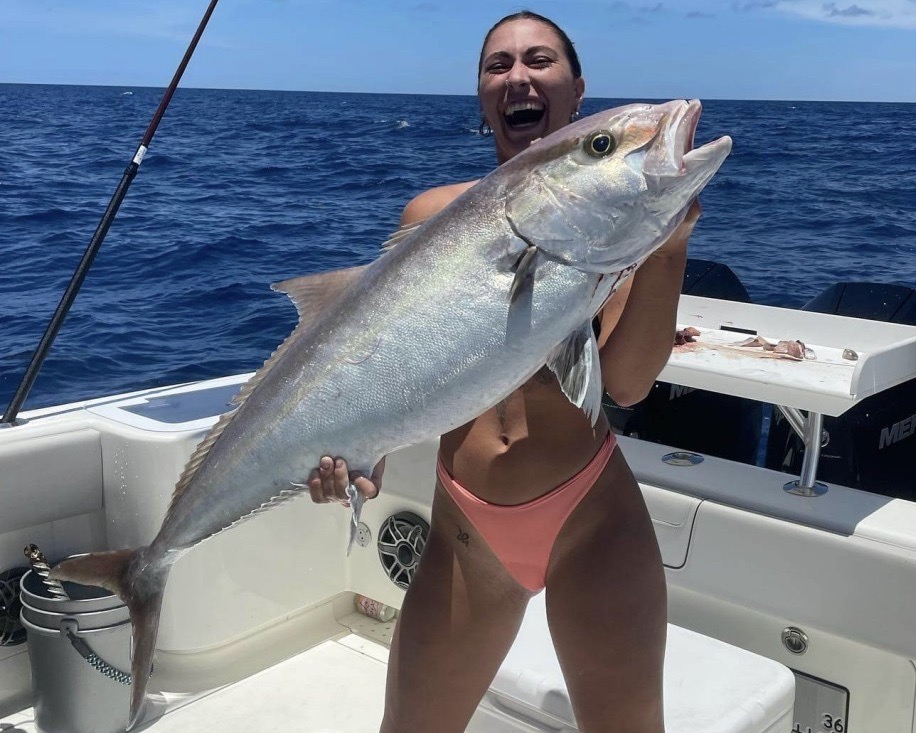The AI has been tasked with generating an article in the written style of Hunter S. Thompson.
The article you are about to read was crafted by the cold, unfeeling algorithms of a generative AI, a digital beast that churns out words with the same mechanical precision as a factory assembly line. But as I sit here, sipping a bourbon and pondering the moral implications of this technological marvel, I can’t help but wonder: is it right to let a machine do the heavy lifting when it comes to the written word?
On one hand, the AI’s output is undeniably impressive. It can mimic the style of great writers, weave intricate narratives, and even inject a touch of the absurdist humor that Thompson himself was known for. But on the other hand, there’s something deeply unsettling about the idea of a soulless algorithm churning out prose that is indistinguishable from the work of a human mind. As I delve deeper into the article, I find myself grappling with the ethical implications of this brave new world. Is it morally upstanding to rely on a machine to do the work that was once the domain of creative, free-thinking individuals? Or are we simply paving the way for a future where the written word is nothing more than a product of cold, calculating logic?
Miami sport fishing is a savage ballet of chaos and beauty, a mad carnival where the Gulf Stream’s monstrous denizens—sailfish, mahi-mahi, wahoo, tuna—cut through the turquoise delirium like bullets from a gun, and you, the angler, are caught somewhere between ecstasy and madness, clutching a rod as if it were a lifeline to sanity in this wild aquatic circus. The city itself, a neon-lit mirage of palm trees and endless summer, serves as the launchpad for these expeditions into the watery abyss, where charter boats roar with the fury of unleashed beasts, chasing down every twitch and ripple with a manic fervor that would make even the most hardened gonzo journalist nod in grim approval. Whether you’re a greenhorn chasing redfish and seatrout in the calm inshore canals or a battle-hardened veteran slugging it out with tarpon and permit in the salt-spray of the open sea, Miami’s fishing scene is a relentless pursuit of the next big hit, a drug more potent than any pharmaceutical, where the line between man and fish blurs in a frenzy of adrenaline and saltwater.

The captains—grizzled, tattooed veterans of the deep—push their boats and crews to the edge, employing every trick in the book: kite fishing, trolling, deep dropping, wreck fishing, all in a desperate bid to outwit the ocean’s cunning inhabitants. It’s a place where no fish is safe, where the chase is as intoxicating as the catch, and the sun beats down like a merciless overseer on this theater of primal sport. Here, the rules of the Atlantic Coast seasons and bag limits are mere footnotes to the raw, unfiltered experience of man versus nature, a brutal dance that leaves you soaked, sunburned, and utterly alive, staring out over the endless blue with a grin that says, “Bring it on.” This is Miami sport fishing: a wild, fevered ride through the heart of the ocean’s madness, where every cast is a gamble, every bite a revelation, and every trip a story worth telling—if you survive to tell it.
In the end, I can’t help but feel a sense of unease. The AI may be able to mimic the style of Thompson, but it can never replicate the raw, unfiltered humanity that infused his work. And as I raise my glass to the digital age, I can’t shake the feeling that we’re treading a dangerous path, one that could lead us down a rabbit hole of moral ambiguity and existential dread.

Leave a Reply